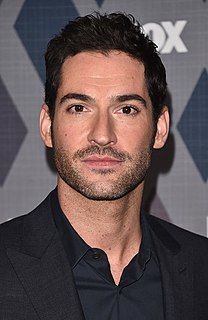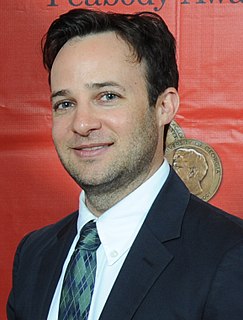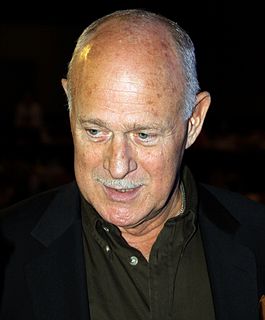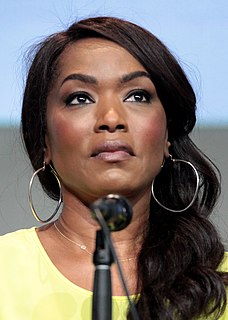A Quote by Tom Ellis
My take on 'Lucifer' was pretty much laid down by Tom Kapinos when he wrote the original pilot script for it. I remember reading it for the first time, and I was about four or five pages in, thinking this is so funny, and I know how I would want to do this if I was going to do it.
Related Quotes
You know, my problem with most screenwriting is it is a blueprint. It's like they're afraid to write the damn thing. And I'm a writer. That's what I do. I want it to be written. I want it to work on the page first and foremost. So when I'm writing the script, I'm not thinking about the viewer watching the movie. I'm thinking about the reader reading the script.
I had been quite judicious about the scripts I was reading, but nothing was really taking my fancy until I pulled this script out: 'Lucifer.' I have to say, within about three or four pages, I thought it was hilarious; I laughed out loud a couple of times and knew this is the one that I wanted to do.
I was a Teletype operator in the army, so that's where I learned to type. One day, I went downstairs to see if I could still type - I hadn't done it for four or five years after the war. So I typed out a page and I showed it to my wife and she said, "Where did you get this?" I said I wrote it. "You wrote this?" It was something very funny. I went and wrote another page, another couple of pages, and by the time I was finished I had 13 little short stories, humorous short stories.
I remember when I wrote a piece, "Blood on the Fields," it was a while ago, it was about slavery and about two characters, and I studied so much of music, I would always go back to the original documents, and as much as I can get original chants and slave chants and different type of beats and rhythms and ring shout.
Four. That's what I want you to remember. If you don't get your idea across in the first four minutes, you won't do it. Four sentences to a paragraph. Four letters to a word. The most important words in the English language all have four letters. Home. Love. Food. Land. Peace. . .I know peace has five letters, but any damn fool knows it should have four.
Truthfully, in the beginning [of MacGyver] this could have gone either way, and as it turned out there was a version that was done wrong, which I'm not even going to get into. It was a pretty good idea and I liked where it was going, but then we got a chance to restart with Peter Lenkov [as executive producer/showrunner], who brought his vision to it. I remember reading his pilot script and it was just so exciting that I started hopping around my room.
I was a journalist. I was a drummer. I was everything. I didn't know what the heck I was. But with Jack Paar, the job was very specific - no confusion. You came in each day. You wrote five pages of jokes. You handed the pages in... The pressure was to write five pages of jokes every day. I did it, and I thought, 'This is what I like to do.'



































